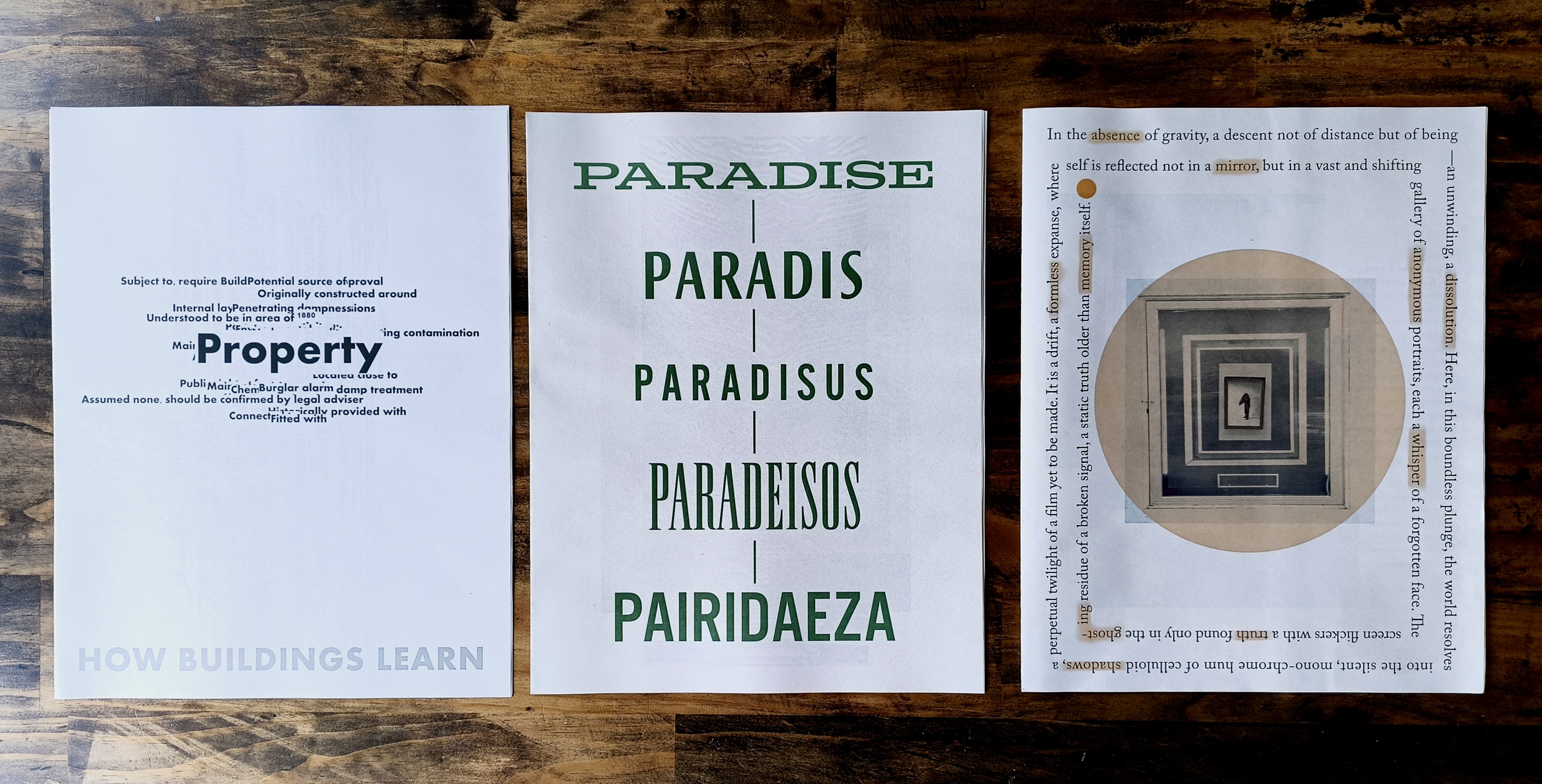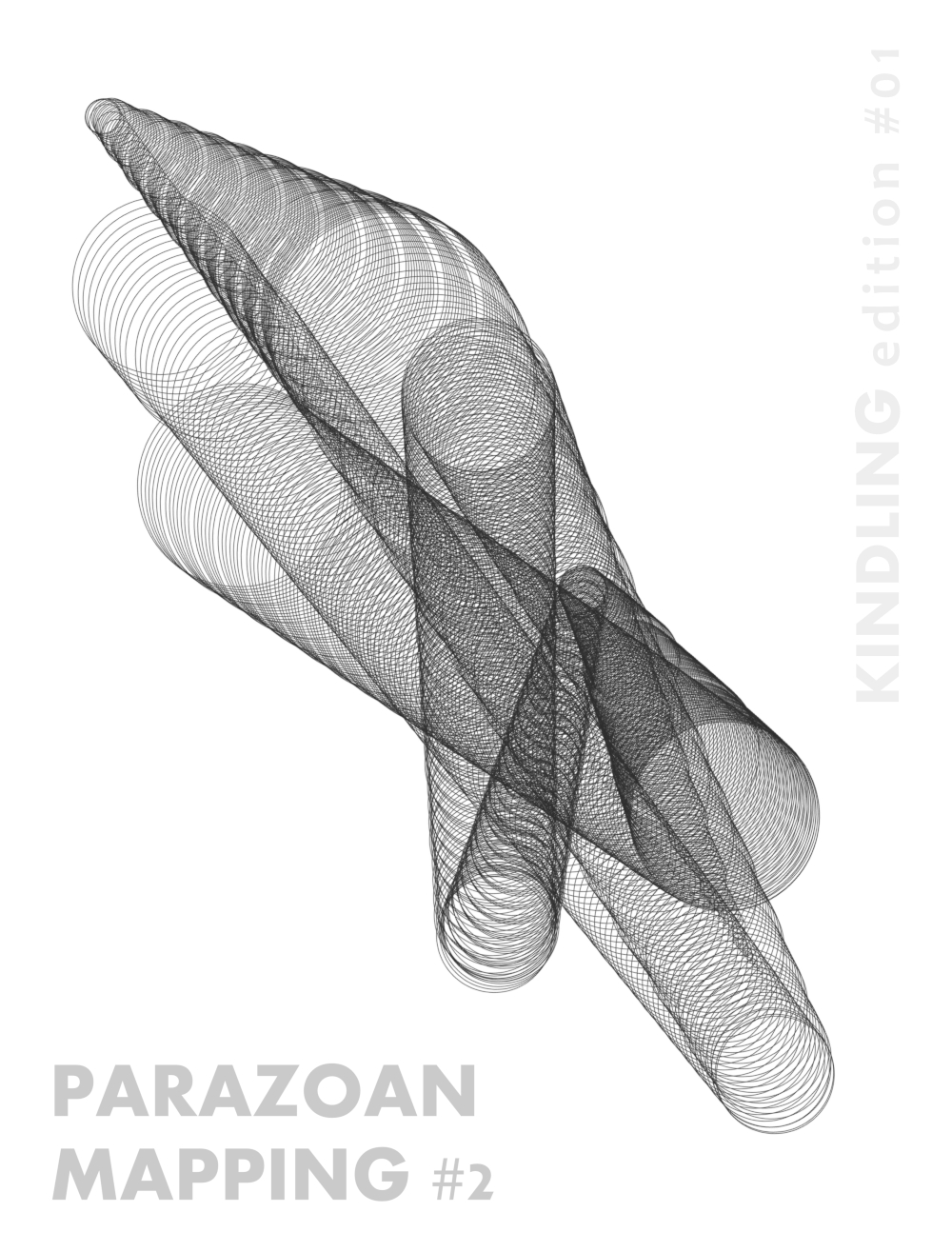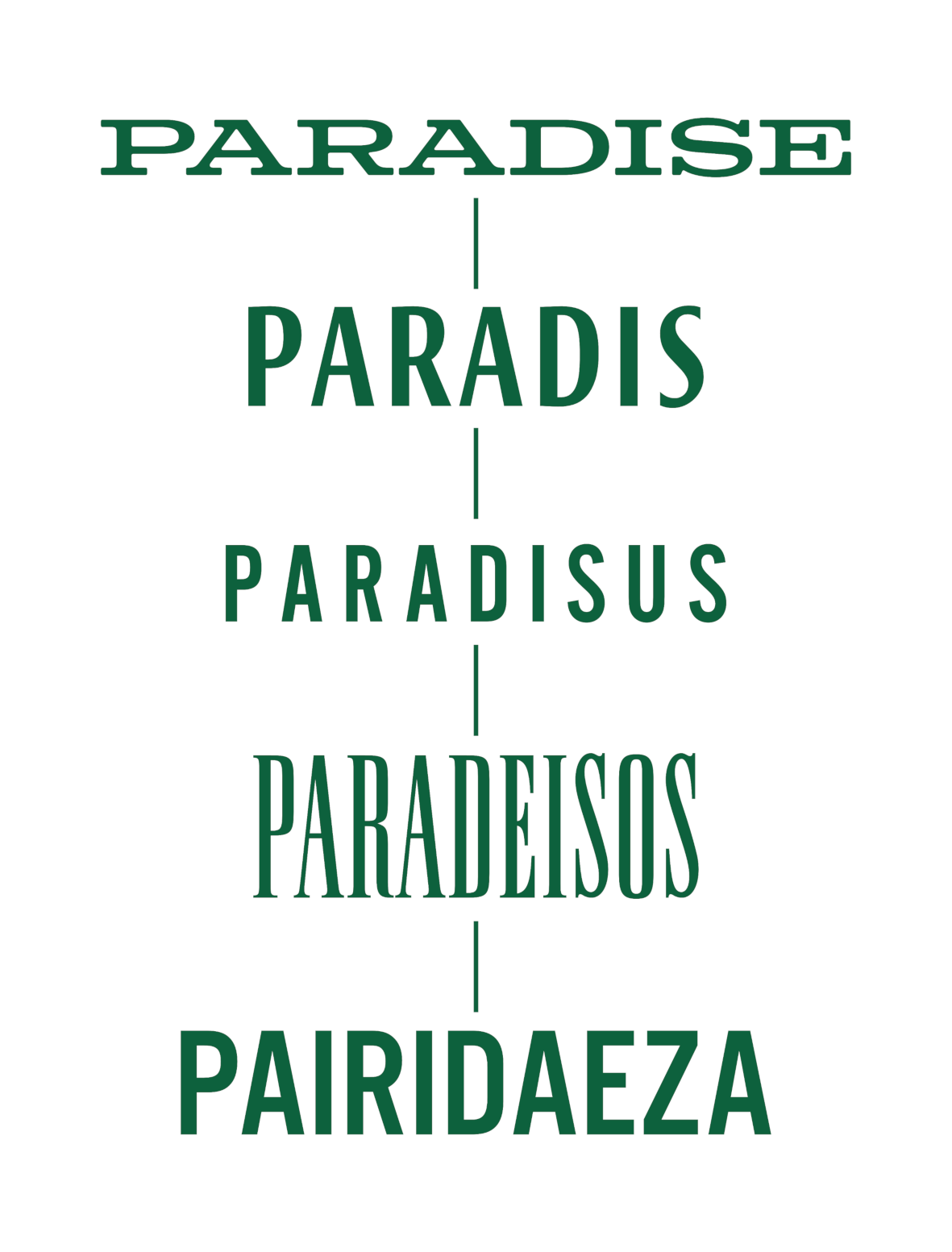KINDLING explores the intersection of digitally shared sound, printed image and text, worked together or placed against the other to see/hear what might happen. Through this process, KINDLING works to open a site of conversation for a community of makers, listeners and readers. While it’s material form may be less-than-precious, ephemeral and even recyclable, we hope the ideas, feelings or actions it may encourage will remain.
KINDLING
is a new venture for me, publishing the work of other artists, which
I hope will evolve to explore new forms of what a “sound-art
publication” might be and develop into a site for a form of
sound-community conversation through making. Each edition takes form as a printed newspaper (289x380m) accompanied by a downloadable digital audio work.
While KINDLING will be tightly curated, reflecting my own particular interests and biases, I will remain open to proposals and ideas. However, my funds are limited, and while I hope KINDLING'S scope will be expanded and broad, it will also remain somewhat specific. If you have a project or an idea which plays with or challenges the relationship between sound-image-text; that re-thinks what form published sound-based works might take; and is not a document of something else, but acts as the artwork itself … then we would be very interested to hear from you. If you have a fantastic piece of music with an equally great cover-image for its packaging, we are perhaps not the project for you. Thank you for your understanding.
All KINDLING editions will only be available in physical form with digital audio files via a download code until sold out. After which they will be made available digitally.
All current editions of KINDLING can be purchased from their individual edition pages:
#01 - Parazoan Mapping #2 - Taku Unami and Eric La Casa (SOLD OUT)
#02 - How Buildings Learn - Seth Cooke
#03 - Swan In The Past - Arek Gulbenkoglu
#04 - Twice Removed - TJ Norris and Jos Smolders
While KINDLING will be tightly curated, reflecting my own particular interests and biases, I will remain open to proposals and ideas. However, my funds are limited, and while I hope KINDLING'S scope will be expanded and broad, it will also remain somewhat specific. If you have a project or an idea which plays with or challenges the relationship between sound-image-text; that re-thinks what form published sound-based works might take; and is not a document of something else, but acts as the artwork itself … then we would be very interested to hear from you. If you have a fantastic piece of music with an equally great cover-image for its packaging, we are perhaps not the project for you. Thank you for your understanding.
All KINDLING editions will only be available in physical form with digital audio files via a download code until sold out. After which they will be made available digitally.
SONIC RUBBISH is currently away until March 1st 2026. Postage will not be available until then. My apologies for any inconvenience. eamon.
All current editions of KINDLING can be purchased from their individual edition pages:
#01 - Parazoan Mapping #2 - Taku Unami and Eric La Casa (SOLD OUT)
#02 - How Buildings Learn - Seth Cooke
#03 - Swan In The Past - Arek Gulbenkoglu
#04 - Twice Removed - TJ Norris and Jos Smolders
or as a bundle of #2+#3+#4 here:
(additionally up to 7-8 copies can be sent for the same postage cost as a single edition. Please note that newspapers will be folded for postage.)
or via our Sonic Rubbish Bandcamp page
For more info email eamon AT sonicrubbish DOT com.
KINDLING editions are also available from
Rope Editions - South Korea
Omega Point - Japan
Shamefile Music - Australia
Sound Ohm - Italy
Les Presses du réel - France
Naturestrip - Australia
Parallax Records - Japan
Repressed Records - Australia
(additionally up to 7-8 copies can be sent for the same postage cost as a single edition. Please note that newspapers will be folded for postage.)
or via our Sonic Rubbish Bandcamp page
For more info email eamon AT sonicrubbish DOT com.
KINDLING editions are also available from
Rope Editions - South Korea
Omega Point - Japan
Shamefile Music - Australia
Sound Ohm - Italy
Les Presses du réel - France
Naturestrip - Australia
Parallax Records - Japan
Repressed Records - Australia





